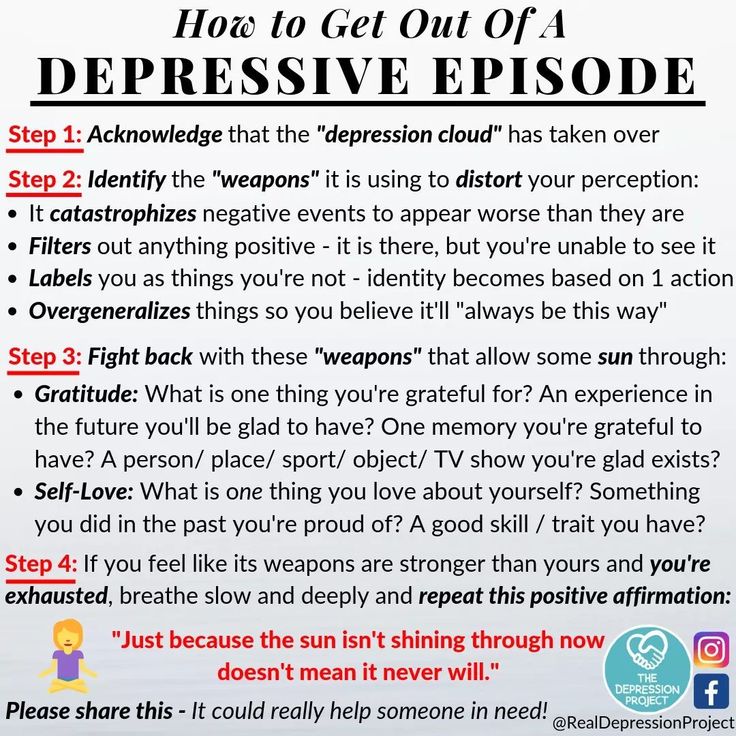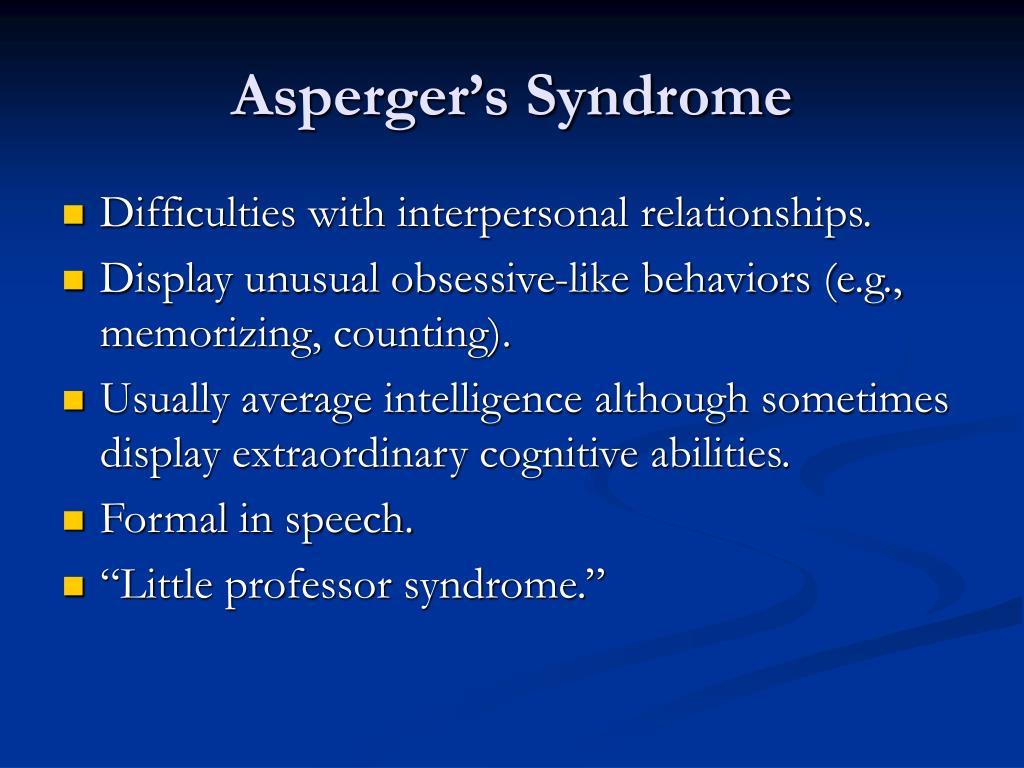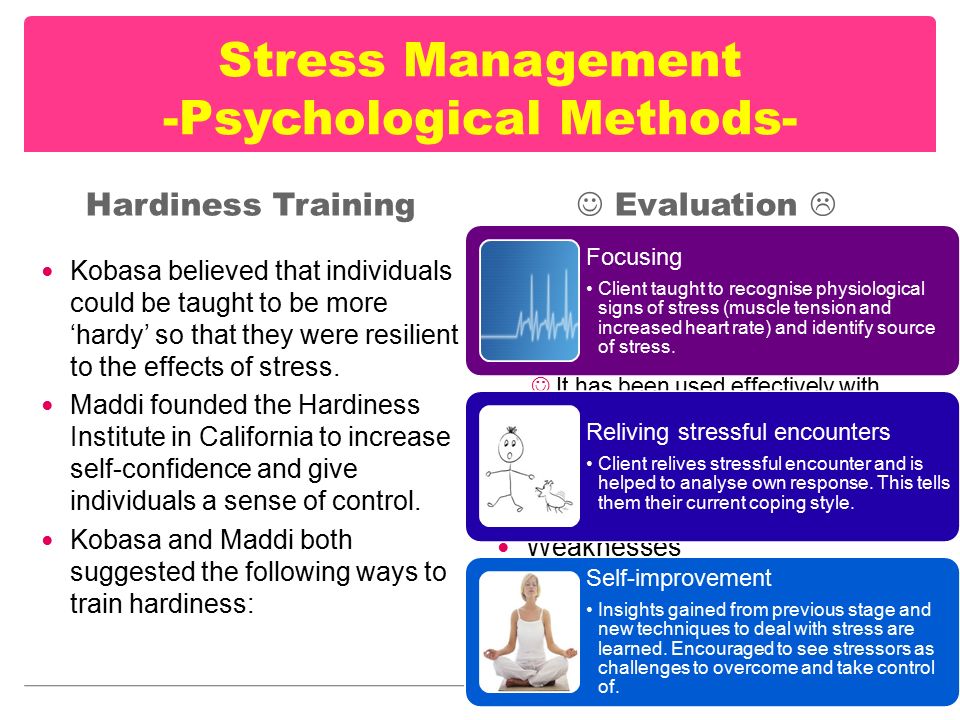Pet helps depression
Newsletter: | PAH Outpatient Behavioral Health Clinic
The Benefits of Pet Ownership
Robyn Yackulich, MS
Throughout history, animals have played a significant role in human life – they were relied on for food, clothes, and transportation. In some civilizations animals were even glorified as religious deities. Over the last several centuries we have seen an evolution in the role of animals, primarily the increase in the number of animals – typically dogs and cats – that are being kept as domestic pets. While it is known that there are numerous responsibilities associated with having a pet, pet ownership in the United States has more than tripled in the last forty years. A survey in 2012 found that about two-thirds of American households have at least one pet, the majority of whom are regarded as valued family members. For what reasons would so many people want to assume the responsibility of owning a pet?
Pets can improve your mood and psychological well-being
Studies have shown that pet owners are less likely to suffer from depression than people without pets. People with limited human social supports often experience feelings of loneliness and isolation, both of which can worsen depression. A pet helps to decrease these feelings by providing companionship to its owner. Additionally, having a pet can also help to improve a person’s social interactions with people by acting as a social catalyst and conversation “ice breaker."
Pets can also help decrease anxiety and stress. The presence of a pet can lower your physiological response to stress. Studies have shown that simply petting a dog or cat can raise levels of serotonin, dopamine, and oxytocin, three chemicals in your brain that help you to feel calmer and more relaxed.
The psychological benefits of interacting with animals have helped make animal-assisted therapies more popular. Research suggests that the use of animal-assisted interventions, such as therapy dogs, significantly reduces depressive symptoms in the elderly. Therapy dogs have also been shown to increase social interaction in children with autism as well as in adult psychiatric inpatients.
Pets can help you live a longer life
In addition to improving your psychological state, research has show that pet ownership also has physical health benefits. Pet owners are more likely to meet their daily exercise requirements than non-owners. Taking the dog for a walk, riding a horse, chasing a kitten or rabbit are all ways in which owning a pet can help increase physical exercise.
Numerous studies have shown that pets also help improve cardiovascular health. Pet owners were found to have lower triglyceride and cholesterol levels than non-owners, and lower blood pressure in stressful situations. Research has also shown that heart attack patients who own pets survive longer than those patients without pets.
While there are benefits to pets, it is important to keep in mind that owning a pet is not for everyone. If you are not an “animal person,” it is unlikely that having a pet will help improve your life. Having a pet is not a miracle cure for psychological or physical illness. For people who are unsure whether they are ready to commit to full-time pet ownership, consider volunteering at an animal shelter or temporarily fostering animals awaiting adoption. Even short periods of time with an animal can be beneficial to both you and the animal.
For people who are unsure whether they are ready to commit to full-time pet ownership, consider volunteering at an animal shelter or temporarily fostering animals awaiting adoption. Even short periods of time with an animal can be beneficial to both you and the animal.
References
Beetz, A., Uvnäs-Moberg, K., Julius, H., & Kotrschal, K. (2012). Psychosocial and psychophysiological effects of human-animal interactions: the possible role of oxytocin. Frontiers in psychology, 3. doi: 10.3389/fpsyg.2012.00234
Brown, C.M., McConnell, A.R., Martin, C.E., Shoda, T.M., & Stayton, L.E. (2011). Friend with benefits: On the positive consequences of pet ownership. Journal of Personality and Social Psychology, 101(6), 1239-1252. doi: 10.1037/a0024506
How Pets Help Manage Depression
Written by Kara Mayer Robinson
Avigayil Brown has been an animal lover her whole life. "I grew up having a lot of pets: dogs, cats, bunnies, fish, birds, and a horse," says Brown, who's 24 and lives in Brooklyn, NY.
She has dealt with depression since she was 12, but it wasn't until she faced a very tough round of symptoms that she began to understand how pets helped her feel well.
When Brown moved into her own apartment, she was depressed and had trouble sleeping. After she adopted two rescue kittens, she started sleeping better -- and feeling better, too.
"When I was lying in my bed, my cats would come and snuggle with me. If I got out of bed just to go to the bathroom, my cats followed me. It was very calming," she says.
Brown isn't alone. In a recent survey by the Human-Animal Bond Research Institute, 74% of pet owners said having a pet improved their mental health.
Studies back this up and show that activities with animals help with symptoms of depression.
What Pets Can Offer if You're Depressed
Comfort, companionship, and love. If depression makes you feel lonely, pets can break the cycle.
"A pet can remind you that you're not alone," says Desiree Wiercyski, a life coach in Fort Wayne, IN.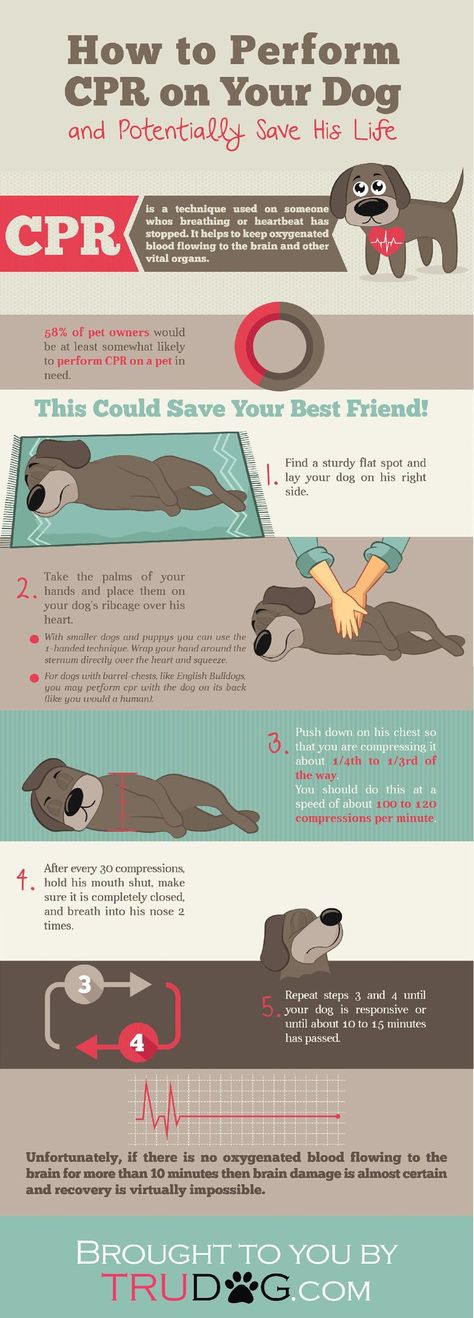 "Pets offer unconditional love, which can be extraordinarily soothing when feeling isolated."
"Pets offer unconditional love, which can be extraordinarily soothing when feeling isolated."
Wiercyski, who also lives with depression, says her dog helps her shake off feelings of worthlessness. "My pup has been right beside me offering comfort and love, reminding me that things aren't so bad."
Brown believes there's something special about the love and attention her pets give her. "Animals are very connected in ways that people aren't," she says.
Clinical psychologist Perpetua Neo, PhD, agrees. "Animals pick up on when their owners are distressed," she says. When they sense you're not feeling well, they offer comfort.
A regular schedule. Knowing you have to feed, walk, or care for your pet may give you a sense of purpose and routine.
"Even when I don't feel like getting out of bed or leaving the house, I know they're depending on me," says 29-year-old Courtney Sparkman, who lives in Tulsa, OK, and has two miniature poodles. "It helps me make it through the day.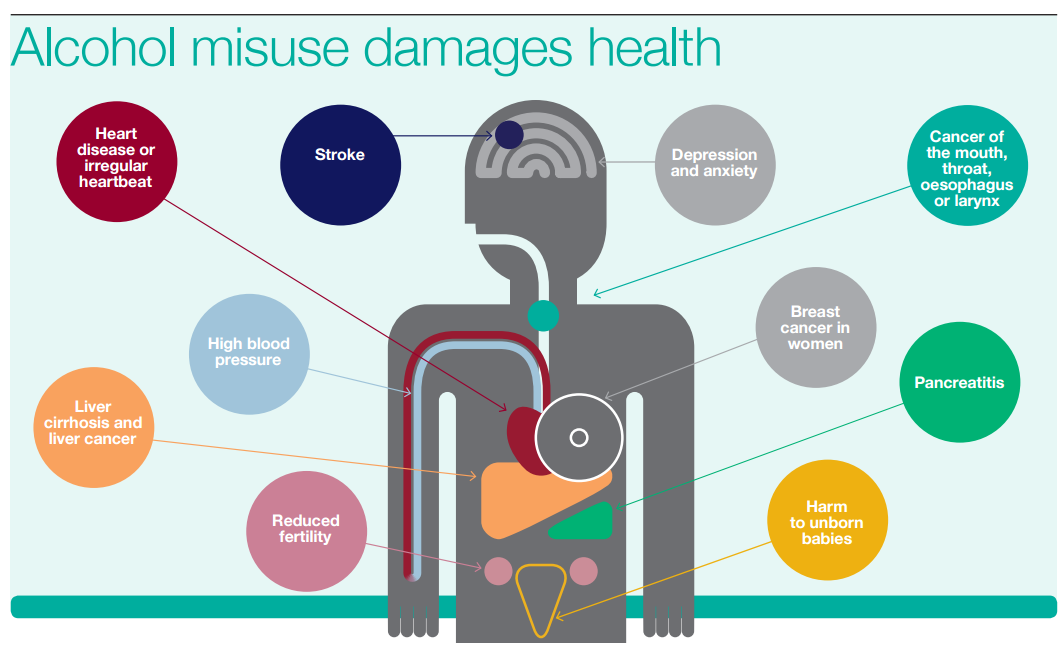 "
"
A sense of calm. Pets have a relaxing effect. Petting or stroking an animal can improve your mood. "Touch helps increase oxytocin levels and reduces cortisol, the infamous stress-related hormone," Wiercyski says. Even the sound of a cat purring can be soothing.
Studies with therapy dogs suggest even brief interactions ease anxiety and fear, says Sandra Barker, a professor of psychiatry and director of the Center for Human-Animal Interaction at Virginia Commonwealth University. In a recent survey, people with severe depression felt more relaxed, less lonely, and had less pain after short visits with a therapy dog.
Physical activity. Pet owners tend to get more exercise than people without pets. If you have a dog, for example, you're more likely to go out for walks. Exercise is good for managing depression.
Wiercyski says depression often keeps her indoors. But knowing her dog needs to go out gets her out the door. "Even just those couple minutes outside raises my mood and makes me feel like I'm capable of something productive," she says.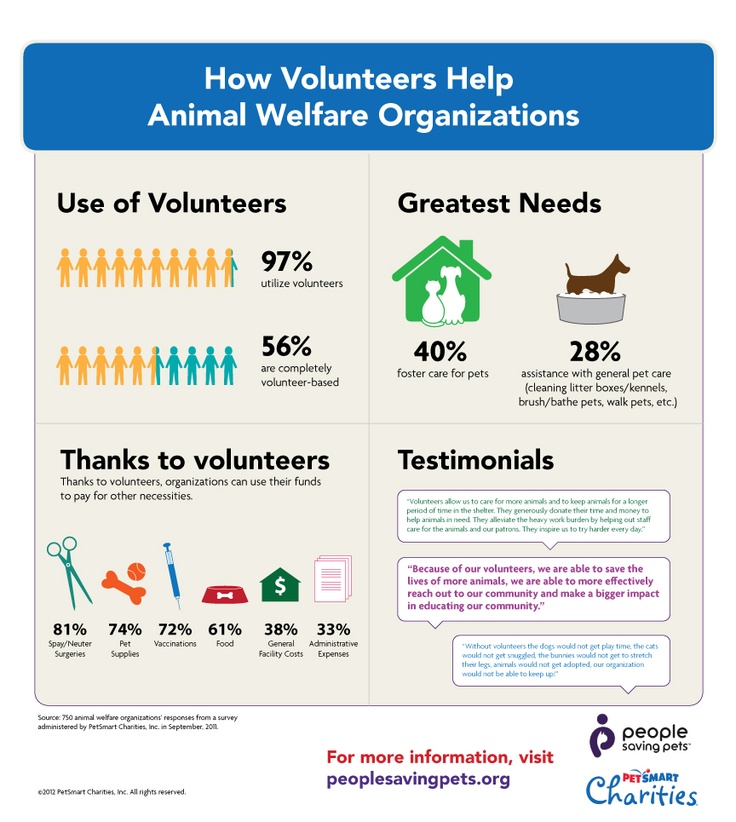
Social time. Depression might make you want to avoid other people, but pets can open up your world.
Studies suggest pets help you get to know people, spark friendships, and build your support network.
"Dogs and babies are the things that connect strangers together. When you walk your dog, you might feel inclined to speak to complete strangers," Neo says. That's a good thing. "Social connection is an antidote to depression."
What to Do With Your Pet
Try these tips to get the most benefits to your mental health from owning a pet.
Pick the right pet. Before you choose one, decide how much time, energy, and money you have for it.
Dogs are good companions, Neo says, but they're relatively high-maintenance. If you have limited time or physical problems, an older or more independent animal may be a better fit.
Cats are typically lower-maintenance. A small animal like a hamster takes up little space and can still be cheerful.
Interact often. Play with your animal. Pet and massage them. The more you do, the better you may feel. "The act of giving can be very mindful and very therapeutic," Neo says.
Get up and go. Be active with your pet. Take your dog for walks. Bring your pet along to meet up with others. "The simple act of doing more can alleviate depressive symptoms," Neo says.
If you don't have a pet, get involved with other people's animals. Offer to dog-sit for a friend. Play with a neighbor's cat. This helps keep up your contact with other people too, which is an added benefit.
A pet won't make your symptoms vanish, but it may give you a healthy boost.
five reasons to get a pet - article on TCHK
You need to walk with a dog, and tons of wool from a cat - that's what we think about when we once again decide not to get a pet. But are pets just a series of endless problems? But what about positive emotions? We will give five strong arguments, confirmed by statistics and approved by scientists, in favor of four-legged friends.
Pets help to improve the daily routine and get rid of insomnia
If you often stay up late, carried away by the series or overtime, and in the morning you need liters of coffee to open your eyes, then it's time to get a dog!
The need for daily walks with a pet disciplines even the most slow-paced. So, living with a dog can help eliminate one of the main causes of insomnia - the wrong daily routine. You will no longer have time to watch TV shows in the evening when you need to get up at six in the morning for a walk. However, any pet, be it a cat or a parrot, teaches discipline, because you need to take care of cleaning the trays and cages, timely nutrition, vaccinations, visiting the veterinarian, and so on.
And dog owners spend at least 10 minutes a day outside longer than others. And this is an extra 10 minutes to get distracted, find a solution to a work problem and just get a portion of oxygen. In addition, walking is an additional physical activity and positive emotions from communicating with a pet.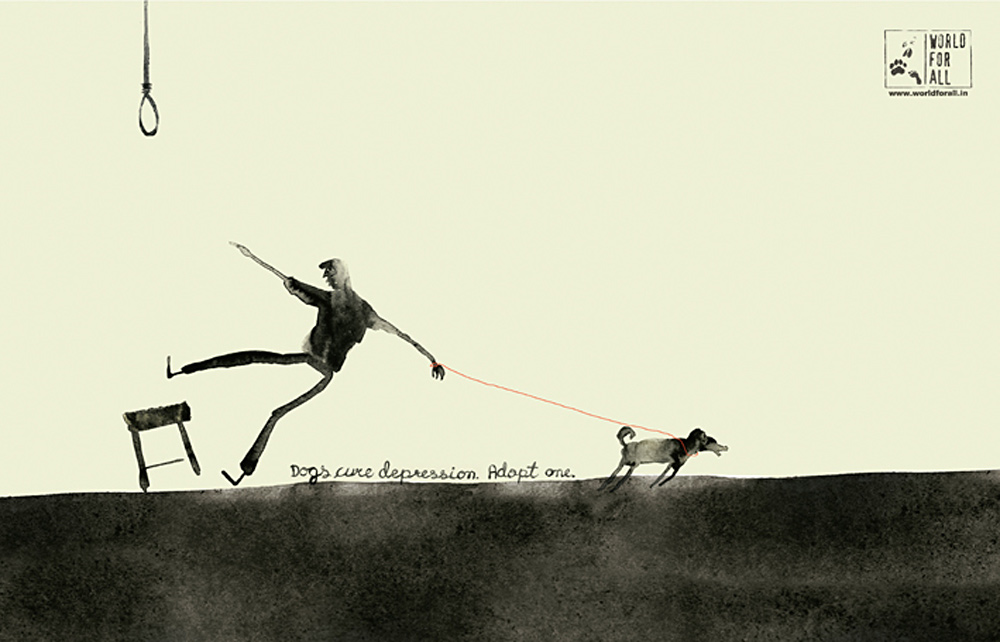
Reduce anxiety and symptoms of depression
Statistics show that one in three adults experience anxiety on a regular basis, and WHO lists depression as one of the most common illnesses in the world. It is not always possible to fight the causes of stress, but it is quite possible to reduce the level of anxiety, including thanks to our smaller brothers.
The first place in the ranking of “antidepressant animals” is occupied by dogs: their owners, according to independent studies from different countries, are less susceptible to developing depression. So, scientists from Japan and the USA found that communication with dogs can be equated with communication with loved ones. And not only on a psycho-emotional level, but also on a physiological one. It's all about the release of the hormone oxytocin, which helps fight anxiety. It reduces levels of cortisol (stress hormone), improves mood and reduces the likelihood of developing depression.
Not far behind dogs are other four-legged antidepressants - cats.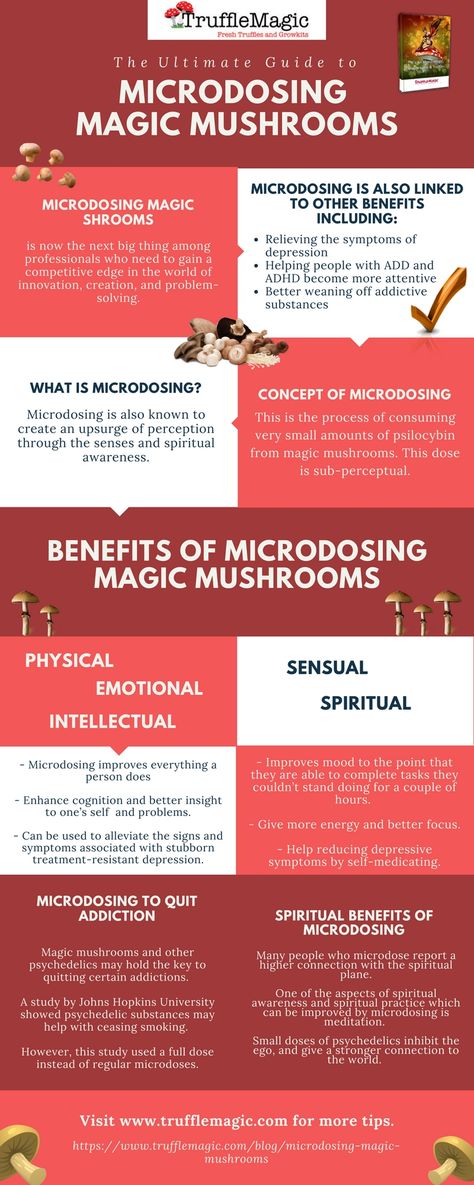 A survey of 162 Australian respondents found that cat owners are more mentally healthy than non-pet owners. And in Scotland, they found out that out of 2,000 teenagers, those who had cats at home turned out to be more prosperous. Scientists confirm the results of surveys and assure that if you stroke cats regularly, the level of cortisol in your blood will decrease, and the symptoms of stress will go away.
A survey of 162 Australian respondents found that cat owners are more mentally healthy than non-pet owners. And in Scotland, they found out that out of 2,000 teenagers, those who had cats at home turned out to be more prosperous. Scientists confirm the results of surveys and assure that if you stroke cats regularly, the level of cortisol in your blood will decrease, and the symptoms of stress will go away.
Caring for any animal is a great help in overcoming life's difficulties. According to psychologists, in any stressful situation, it is important not to fall out of the standard routine, and caring for a pet is a stable component around which our whole day is built. Korean scientists conducted an interesting experiment with grasshoppers, suggesting that people from nursing homes take care of them. It turned out that even caring for insects helps to reduce anxiety and improve the psycho-emotional state.
Prolong life and relieve pain
Pets help the human brain not to age, relieve pain in certain diseases and prolong life.
American Academy of Neurology cognitive tests show that people over 65 who live with pets experience slower mental decline. And the longer the four-legged live in the house, the better the brain performance of their owners. The explanation for this is the simplest: pets stabilize the emotional state and save you from loneliness, and pet care makes you move more.
It has also been found that our smaller brothers reduce the risk of cardiovascular disease. And in general, pet owners are less likely to see doctors than people living without pets. Not without reason, in the 60s of the last century, canistherapy (literal translation - “treatment by dogs”) gained immense popularity. It has been proven that dogs can predict epileptic seizures in their owners, reduce headaches and help them recover faster. Pets are also known to have a positive effect on children with ADHD (Attention Deficit Hyperactivity Disorder) and ASD (Autism Spectrum Disorders), helping them to focus on what is happening here and now.
Cats also have an analgesic effect: the frequency of a cat's purr (from 25 to 150 Hz) corresponds to the frequency used for therapeutic purposes in the treatment of fractures, muscle neuralgia, pain with tissue edema.
Raise self-esteem
Pets do not care about the social status and success of the owner. Their affection is not based on profit, only on unconditional love. Psychologists say that the realization that someone is with you simply because they love increases self-esteem and self-confidence. This can be especially useful for those who are experiencing the loss of loved ones or are faced with a change of place of residence or work: no matter what happens, a faithful four-legged friend always remains nearby.
Help to make new friends
People are divided not only into cat people and dog people. The discussion of the nuances of caring for and buying scarce food is interesting for owners of any animals, from snails to rare reptiles. Pets involuntarily gather a club of like-minded people around them. Statistics confirm this: according to research by HABRI (a research institute that studies the relationship between animals and people), 40% of pet owners have made friends thanks to their wards, and 65% have acquired new useful connections.
Statistics confirm this: according to research by HABRI (a research institute that studies the relationship between animals and people), 40% of pet owners have made friends thanks to their wards, and 65% have acquired new useful connections.
As the Fox from The Little Prince said: "We are responsible for those we tame." The love of pets helps people, but for the animals themselves, the care of the owner is a vital necessity. Keep this in mind too!
how pets increase your productivity and reduce stress
A lot of people in the home office experience stress. Some employees note that the number of responsibilities they have increased, which upsets the balance between work and personal life. With the right organization of your home office, you can increase your productivity. As paradoxical as it may sound, one of the big benefits (and not barriers) of a home office is pets, which reduce stress levels. T&P figured out how pets improve physical and emotional well-being and help you be less lonely and more productive.
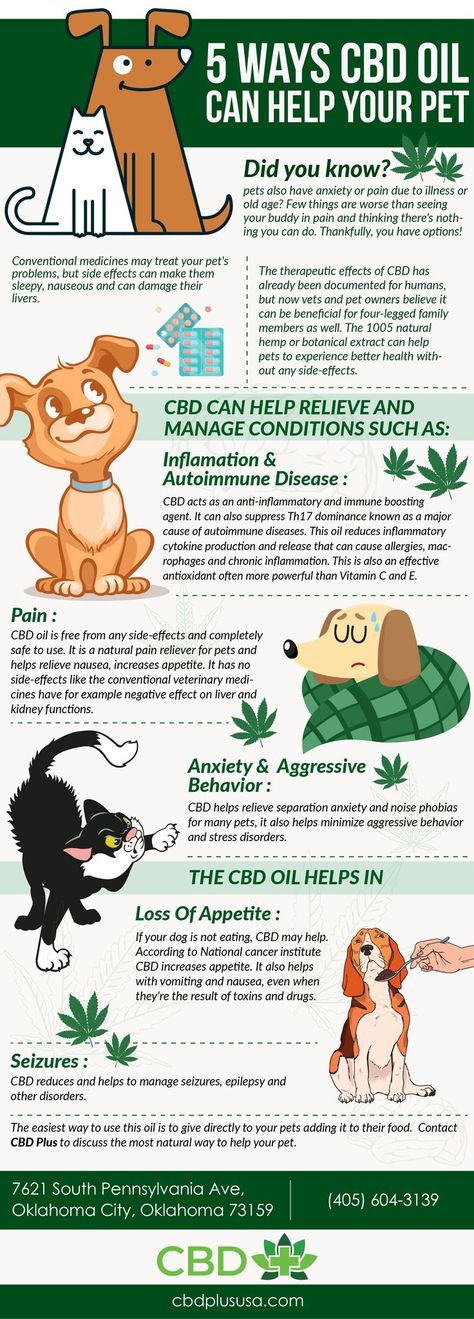
It is not the first year that foreign companies bring pets to the workplace, developing a pet-friendly office culture. According to experts, this has a positive effect on both the emotional state of a person and his productivity. Two-thirds of employees in American companies believe that the presence of a pet improves the workflow. “It’s definitely good for a work environment to have a dog in the office,” says Professor Marie-Jose Enders, who studies animal-human relations at the Open University in England. Also, cortisol (stress hormone) levels drop when you pet a dog, but you also produce more of the hormone oxytocin, which makes you more relaxed and happy.” In addition to relieving stress and increasing productivity, pets can help you bond with colleagues and partners and strengthen emotional bonds with them online. Psychologist Lotte Spiikerman says: “If your potential business partner is like you because, for example, he has a dog, it will be easier to make a deal.”
Analytics 49 studies on pet therapy confirm the positive emotional impact of animals on people who have mental disorders, suffer from depression.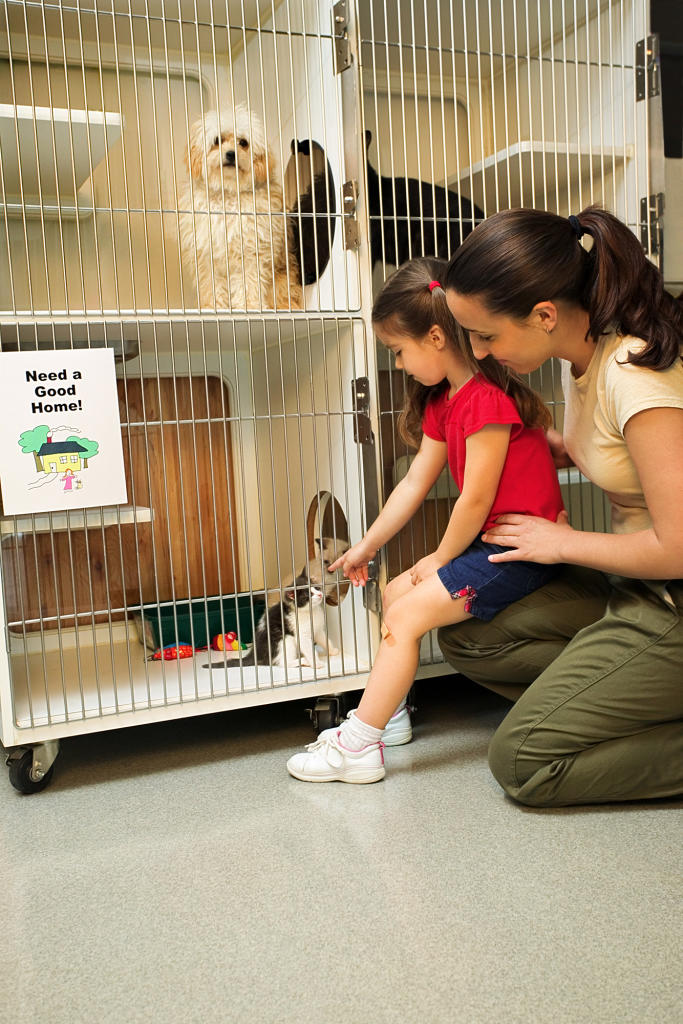 Dog owners also recover faster from heart attacks.
Dog owners also recover faster from heart attacks.
Some people have experienced an increased release of endorphins and dopamines as little as five minutes after contact with an animal.
Simply watching the aquarium for 30 minutes reduces the pressure significantly. It can have a stronger effect than meditation techniques
In a German study, scientists collected information from 9,000 owners of various pets (dogs, cats, horses, fish, birds) and found that these people went to the doctor several times less often than those who did not have pets.
In self-isolation, animals help to cope with anxiety and stress. Increased feelings of loneliness, apathy have serious consequences for mental health. This will have to be fought even after the end of the pandemic. People become more vulnerable, the immune system is weakened, and this increases the risk of disease.
Maria Alipova, Leading Psychologist, Center for Psychological Counseling, National Research University Higher School of Economics:
In the presence of animals, we certainly don't feel lonely like that. Moreover, we act strong in relation to the creature that needs to be taken care of, we are responsible. And at some point, this awareness will help us cope with difficulties
Moreover, we act strong in relation to the creature that needs to be taken care of, we are responsible. And at some point, this awareness will help us cope with difficulties
When working in home office mode, many people experience a decrease in productivity due to many distractions. LinkedIn CEO Jeff Weiner advises putting so-called buffer time into your schedule and giving yourself the opportunity to rest and switch. Such a relaxing activity can be a walk with a dog or just playing with a pet, as well as taking care of it.
Follow the daily routine
The dog helps to regulate the routine and get up in the morning for a walk and end the working day also with a walk. So, by the beginning of work, you will already be on the street and will feel more cheerful. In the conditions of remote interaction, the pet will help you in relationships with colleagues or simply cheer them up by becoming a participant in the Zoom conference.
In conditions of remote work, the balance between work and personal affairs is disturbed. You are constantly in front of the laptop and cannot effectively allocate time and effort. Many advise imitating the environment of an ordinary office, determining the exact workspace, time, taking a break for lunch, a walk, organizing access to familiar office systems and technologies, especially since this can be done in just one day. A pet will also allow you to partially restore this balance. Determine what hours you will walk with him or just play.
You are constantly in front of the laptop and cannot effectively allocate time and effort. Many advise imitating the environment of an ordinary office, determining the exact workspace, time, taking a break for lunch, a walk, organizing access to familiar office systems and technologies, especially since this can be done in just one day. A pet will also allow you to partially restore this balance. Determine what hours you will walk with him or just play.
Re-energize
Inverse-Square employees said it helps them enjoy long hours of work and the pets remind them to take necessary breaks. “When we come into tactile contact with any animal, we produce oxytocin, we calm down, rejoice, feel much better and get distracted from complex work tasks,” explains Maria Alipova.
Reduce stress and be more productive
“Animals reduce stress and increase productivity mainly because they interact with you of their own free will, and when they come to your workstation they are a good reminder that you need break,” explains American behavioral psychologist Lotte Spijkerman.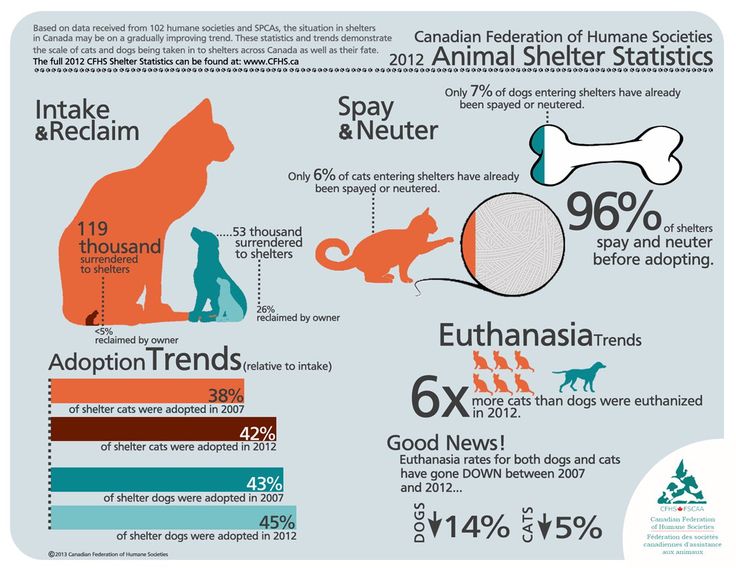 Miki Giurescu, a clinical psychologist from the USA, told how a pet helps her to be more productive: “I literally felt an invisible barrier around me that protected me from stress. I felt freer from stress and happier. The surge of energy allowed me to be more productive. I noticed that I complete more tasks, I think more clearly.”
Miki Giurescu, a clinical psychologist from the USA, told how a pet helps her to be more productive: “I literally felt an invisible barrier around me that protected me from stress. I felt freer from stress and happier. The surge of energy allowed me to be more productive. I noticed that I complete more tasks, I think more clearly.”
Oksana Trofimova, Head of Integrated Communications Department, Beeline:
For three years now I have been able to work remotely once a week thanks to our BeeFree technology. On office days, I rush home in the evenings, as Black waits the whole day for his prescribed three or four kilometers - I will not hide that we are both waiting for this ritual :).
In the current situation, the pet has maximum positive and happiness. When the owners work from home, he has a lot of walks, and we have the opportunity to switch from work.
In breaks we go for quick walks, sometimes I even hold conferences in the fresh air. Of course, now I solve more problems than in office mode - both by saving time and by emotional comfort, the dog helps a lot in this :). It defuses the situation, just lies nearby, cheers when you need it. Now you definitely don’t have to worry that he is sad without me for days on end.
Of course, now I solve more problems than in office mode - both by saving time and by emotional comfort, the dog helps a lot in this :). It defuses the situation, just lies nearby, cheers when you need it. Now you definitely don’t have to worry that he is sad without me for days on end.
According to Maria Alipova, animals can also be a distraction, but most likely they will not bother you without a reason. “If a person, in principle, is inclined to be distracted, then he will do it without an animal. In this case, they are not the main reason, it all depends on the ability to concentrate, ”explains the expert.
Increase physical activity
There are special yoga practices that you can do with your pet. This is a physical activity that stimulates the mind and also allows the animal to release energy. Extra activity helps not to gain excess weight. For example, 20 million owners who walk their dogs five times a week have lower levels of obesity. The American Heart Association notes that among dog owners, 54% more are those who exercise two and a half hours a day - this is the time recommended by doctors to maintain mental health as well.